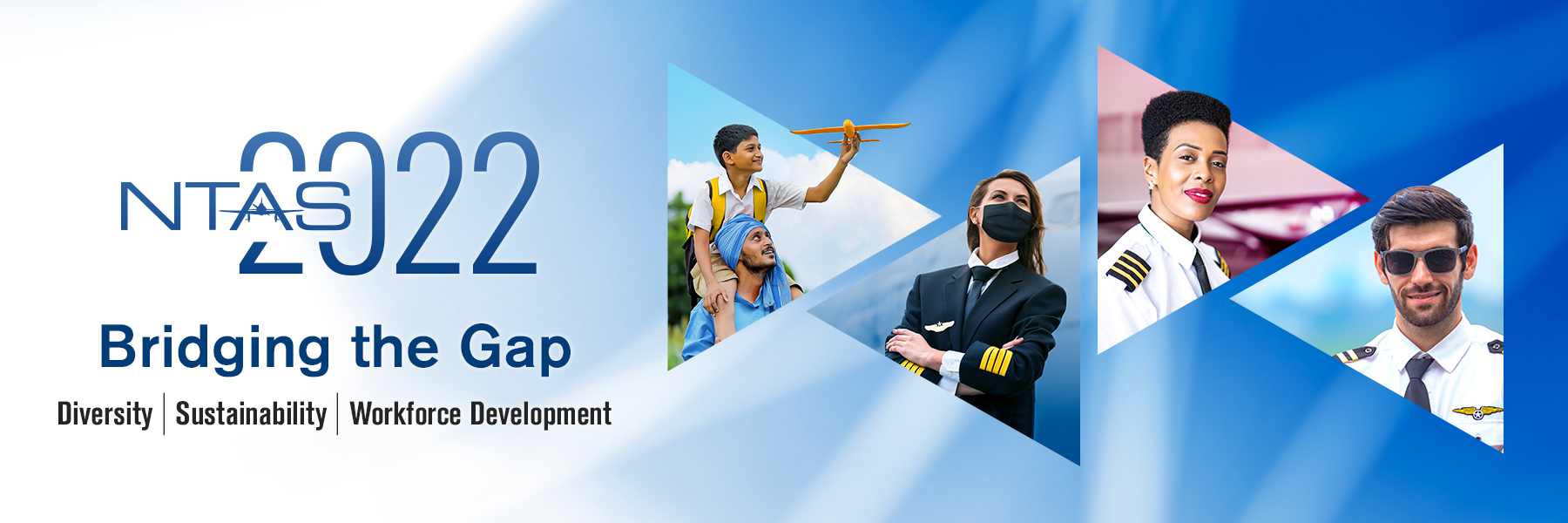Presenter Email
s.horton.m@gmail.com; mallory.casebolt@okstate.edu
Keywords
gender issues, self-efficacy, aviation, social cognitive career theory
Abstract
The purpose of this research was to examine the effect of self-efficacy of male and female students in collegiate flight programs to identify if a relationship exists between self-efficacy responses and gender representation in aviation. Self-efficacy, an element of social cognitive career theory’s (SCCT) behavioral factors, deals with an individual’s belief in his/her capacity to address a certain set of circumstances. No studies have been found addressing self-efficacy of students enrolled in collegiate aviation programs, specifically addressing differences between male and female students. The population for this study consisted of students enrolled in four-year collegiate aviation programs, as found through the University Aviation Association (UAA) membership rosters. The General Self Efficacy Scale (GSES) was distributed to students enrolled in collegiate aviation programs enrolled in various aviation majors. Results from this study compared 148 collegiate aviation students’ self-efficacy responses and personal comments and presented a multi-factor examination of possible influences of gender on self-efficacy for collegiate aviation students. Results revealed male and female students had similar self-efficacy responses, but revealed a difference in personal responses.
An Analysis of the Effect of Self-Efficacy of Female Students in Collegiate Flight Programs
The purpose of this research was to examine the effect of self-efficacy of male and female students in collegiate flight programs to identify if a relationship exists between self-efficacy responses and gender representation in aviation. Self-efficacy, an element of social cognitive career theory’s (SCCT) behavioral factors, deals with an individual’s belief in his/her capacity to address a certain set of circumstances. No studies have been found addressing self-efficacy of students enrolled in collegiate aviation programs, specifically addressing differences between male and female students. The population for this study consisted of students enrolled in four-year collegiate aviation programs, as found through the University Aviation Association (UAA) membership rosters. The General Self Efficacy Scale (GSES) was distributed to students enrolled in collegiate aviation programs enrolled in various aviation majors. Results from this study compared 148 collegiate aviation students’ self-efficacy responses and personal comments and presented a multi-factor examination of possible influences of gender on self-efficacy for collegiate aviation students. Results revealed male and female students had similar self-efficacy responses, but revealed a difference in personal responses.



Comments
Presented in Session 3 B - Research in Flight Training